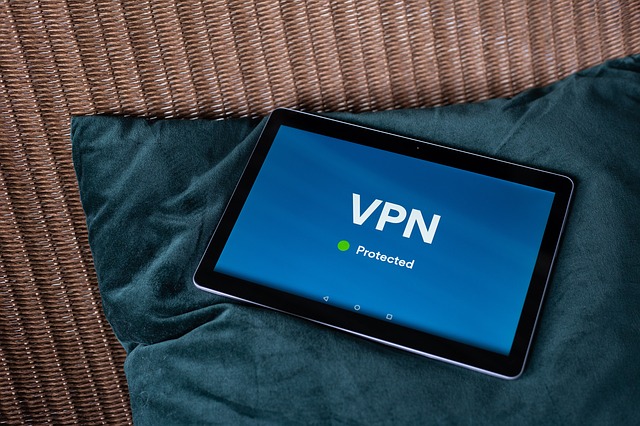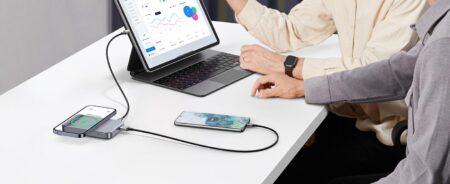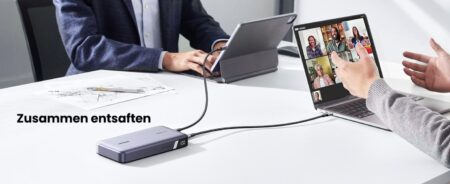Public WiFi is a great convenience for those who don’t have unlimited data plans, but it comes with many risks. If you’re using public WiFI today, a hacker could be intercepting your traffic and stealing your personal information as you read this article.
In this blog post, we’ll discuss seven of the most common risks associated with public WiFi so that you can take steps to protect yourself against them. Of course, one of the best things you can do is look into unlimited WiFI plans offered by reliable providers and get what’s best for your home.
- Hackers can use man-in-the middle attacks to intercept and modify your traffic. You should always look for a green lock icon on your browser when on public WiFi, as this proves that it is encrypted.
- Public WiFi hotspots are open networks, which means anyone within range of the router could be spying on you. This includes people who work at the coffee shop or library! Be sure to protect yourself by using a VPN (Virtual Private Network).
- Many routers will broadcast their network name publicly so users know exactly where they’re logging onto. The problem is, hackers can detect these names easily with network scanning tools. When possible, try to set up private networks instead of open ones, so that any guests trying to access your network will need your password.
- Free WiFi is often a honeypot for cybercriminals. They may set up fake networks with similar names to popular hotspots in order to lure people in. Be sure to always double check the name of the network before logging on, and never enter any passwords or personal information unless you’re positive it’s the real thing.
- Public WiFi can be very slow and unreliable because of all the users competing for bandwidth. This can cause frustration and lead people to take risks they wouldn’t normally take, such as using unsecured websites or downloading files from unknown sources.
- Hotspots are a goldmine for data thieves. Keep in mind that anything transmitted over public WiFi, including login credentials and credit card numbers, is vulnerable to being stolen. Be sure to only enter sensitive information when you’re on a private network, and always use strong passwords.
- Unsecured WiFi networks can also be used by hackers to install malware on your device. This malware can track your activity, steal your passwords or even take control of your computer! To protect yourself from these risks, make sure you have up-to-date antivirus software installed and always run a scan before connecting to public WiFi.
With the prevalence of public WiFi, we need to be aware and take precautionary measures when using it. The article discusses how hackers can gain access to your personal information by accessing a public WiFi network.
Some ways you can protect yourself include not connecting to any unknown networks or updating software patches regularly so there are no vulnerabilities in your system that could give an intruder an opportunity for attack.
By proactively protecting yourselves from cyberattacks, you’ll better enjoy the convenience of free WiFi without fear. What precautions do you take? Leave us a comment below!










